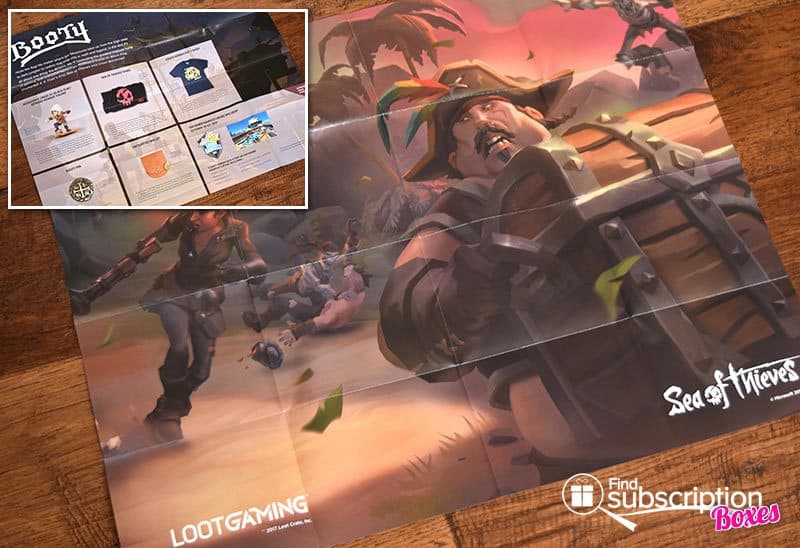

The plaintiffs' appeal was docketed on February 7, 2022. The court re-affirmed its reasoning in every respect (including its rejection of Apple's Section 230 defense, adding: "xisting statutory law does not plainly prohibit 'loot boxes.'" 3 On January 4, 2022, the court granted Apple's motion to dismiss the plaintiffs' amended complaint with prejudice.


2 The court contended that Apple would not be immune under Section 230 because "Plaintiffs are seeking to hold Apple liable for selling allegedly illegal gaming devices, not for publishing or speaking information." Under Section 230, providers of services over the internet cannot be held liable as though they were the publishers of third-party content. Notably, however, the court rejected Apple's argument for immunity under Section 230 of the Communications Decency Act. Moreover, Section 330b(f) explains that "amusement machines" that "are predominantly games of skill … are not included within the term slot machine or device." The court held that Brawl Stars was not a gambling device because 1) the virtual items in the game were not "things of value" as there was no "real-world transferable value to the items" and 2) the randomness inherent in the loot box could not be divorced from the larger game of skill. As noted above, California law explains that illegal gambling devices allow users to receive a thing of value based on factors outside the user's control. In the alternative, the court held that the plaintiffs' claims also failed because Brawl Stars could not be considered a slot machine (i.e., illegal gambling) under California law. later used that virtual currency in Brawl Stars to buy loot boxes. Instead, the court explained, the alleged injury occurred when C.T. 1 All of the plaintiffs' claims failed because they lacked standing against Apple under the UCL: C.T.'s alleged injury did not occur when he purchased in-game virtual currency through which Apple directly profited.
#LOST LOOT BOX TRIAL#
The trial court (Seeborg, J.) granted Apple's motion to dismiss on March 19, 2021. The plaintiffs argued that Apple's facilitation of those games made it liable under the "unlawful" prong of California's Unfair Competition Law (UCL), the "unfair" prong of the UCL, the California Consumer Legal Remedies Act, and common-law unfair enrichment.
#LOST LOOT BOX CODE#
Section 330b(d)(3) of the California Penal Code defines such illegal devices slot machines in part as a device that "by reason of any element of hazard or chance …, the user may receive or become entitled to receive any … thing of value."Įven though Apple did not develop the games containing loot box mechanisms, the plaintiffs sought to hold Apple liable because it allegedly worked with app developers to publish games with loot boxes on its app store and took a percentage of the money spent on in-game virtual currency that was later used to purchase loot boxes. Apple, Rebecca Taylor and her minor son, C.T., alleged that loot boxes in the game Brawl Stars constituted an "illegal gambling device" under California law.

All three cases are on appeal, giving the United States Court of Appeals for the Ninth Circuit the opportunity to clarify the law of loot boxes in California and Washington. In three recent cases, defendants have defeated claims that loot boxes constitute illegal gambling under California or Washington law, with each case reaching the same result on at least partially different grounds. "Loot boxes" are items that contain random rewards-usually the user has a higher probability to receive "common" items while a user has a much lower chance to receive the most highly desired or powerful rewards. In recent years, there has been an increase in putative class actions alleging that game developers, game publishers, and even platforms should be liable for alleged harms flowing from loot boxes in mobile or other electronic games.


 0 kommentar(er)
0 kommentar(er)
